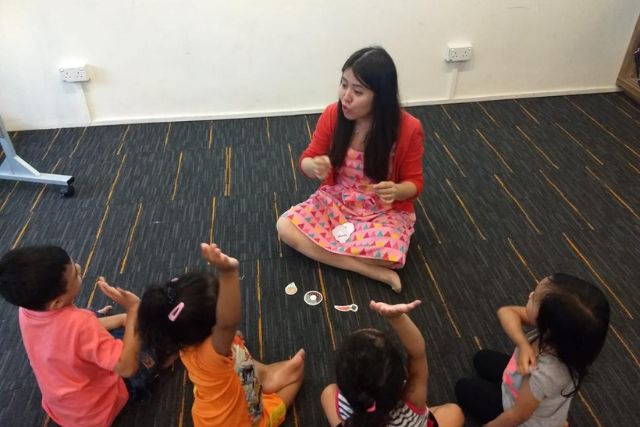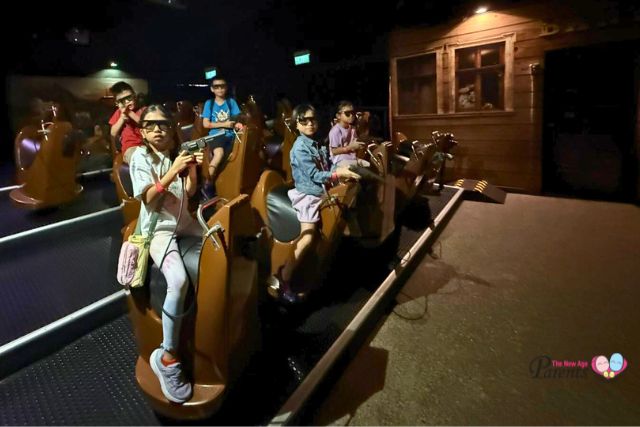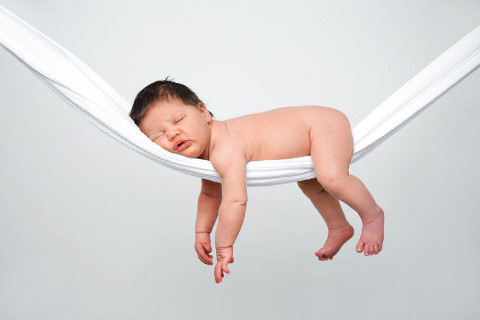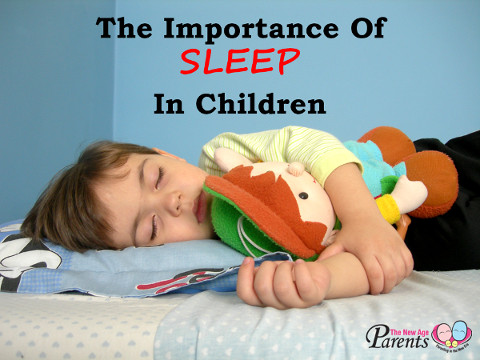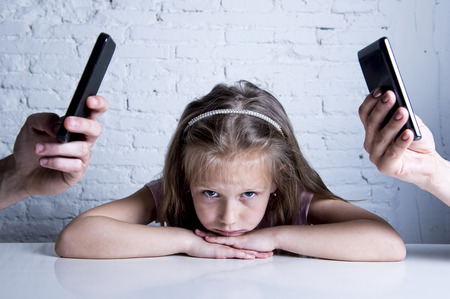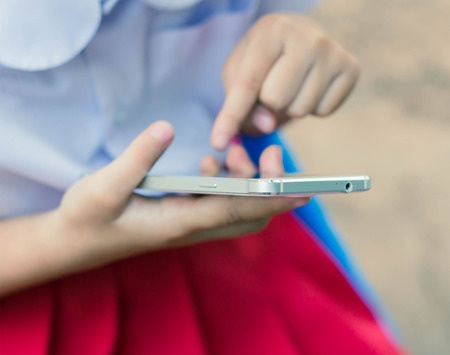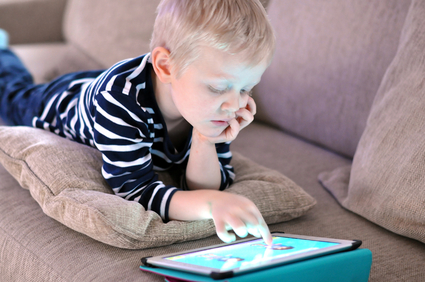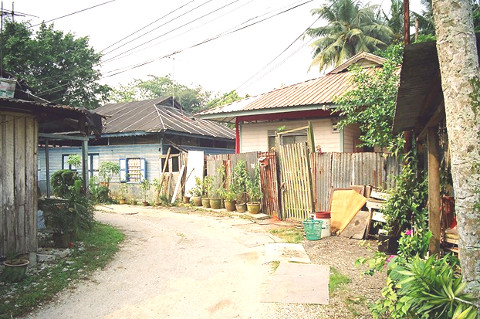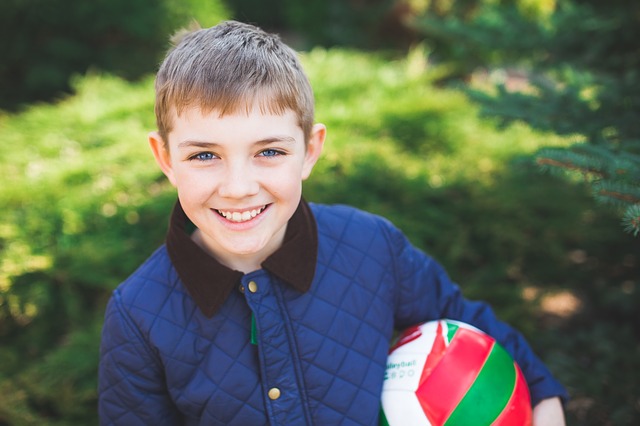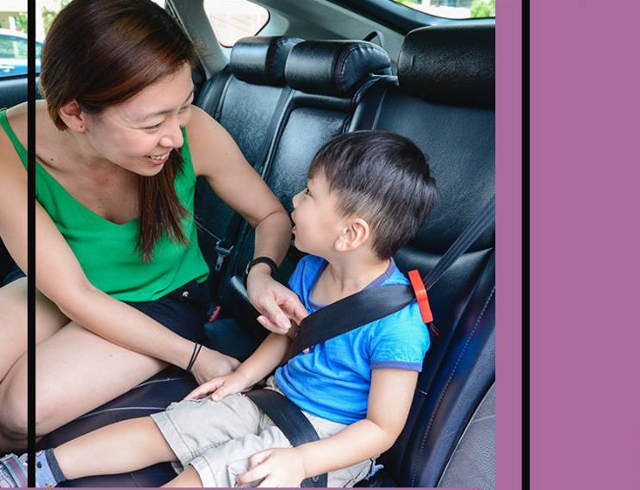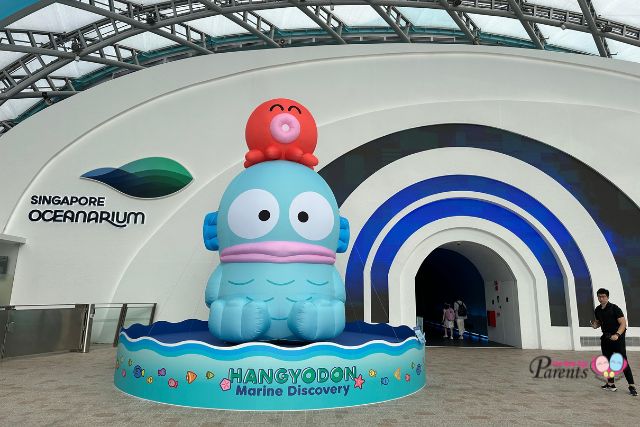- Global study reveals Singaporeans now average 7 hours of sleep per night, up from 6.4 hours in 2019
- Almost half (49%) of Singaporeans are not satisfied with their sleep, and only 6 in 10 (59%) understand what prevents them from getting a good night’s sleep
- Fear could be preventing Singaporeans from getting tested for obstructive sleep apnea
⇒ Related Read: Singaporeans Among the Worst Sleepers In the World
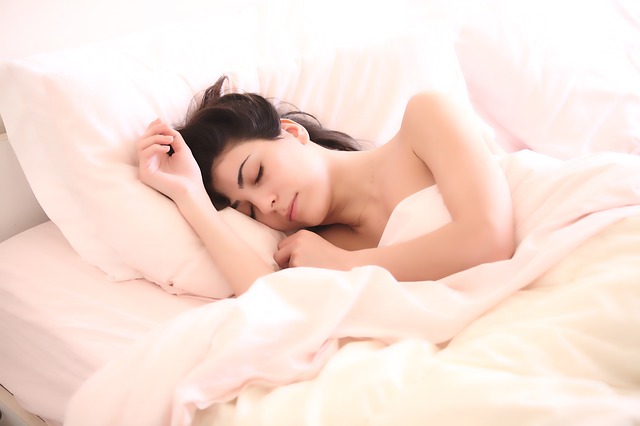
Singaporeans are sleeping more on average, getting 7 hours of sleep per night (vs 6.4 hours in 2019) – 6.7 hours on weekdays (vs 6.3 hours in 2019) and 7.5 hours on the weekend (vs 6.7 hours in 2019). This finding was among others announced by Royal Philips (NYSE: PHG, AEX: PHIA), a global leader in health technology, in its 5th annual sleep survey, “Wake Up Call: Global Sleep Satisfaction Trends”. (Information of survey below).
Sleep helps the body redistribute energy resources that are primarily used for brain and muscle work to the immune system1. Clocking in at least seven hours of good night’s sleep on a regular schedule can reduce stress levels and improve overall well-being2.
Good sleep continues to evade many
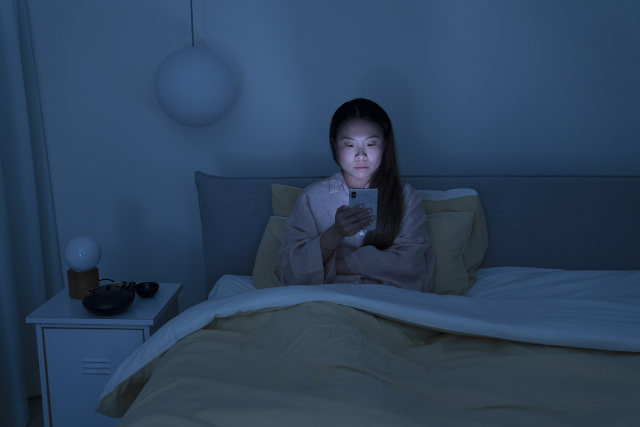
While Singaporeans are achieving the recommended minimum hours of sleep per night, sleep satisfaction of Singaporeans remains low, with almost half (49%) of Singaporeans saying they are not satisfied with their sleep. Some even feel disempowered when it comes to trying to get enough sleep, where 34% say getting adequate sleep is beyond their control.
Poor sleep quality is evident in the form of restlessness, and eight in 10 Singaporeans (79%) waking up at least once during the night. Just over half of Singaporeans say they have a good understanding of what prevents them from getting good sleep (59%), or know what they can do to tackle their sleeplessness (61%).
Looking at the factors that inhibit sleep, stress and worry continue to be the top reason (34%), along with one’s sleeping environment (15%) and mobile devices like phones or tablets (14%).
Mobile addiction causing sleep woes

With Singapore’s high mobile penetration rate of 154%3, it is unsurprising that most Singaporeans (82%) who were surveyed use their phones in bed, despite experts’ recommendations not to do so.
⇒ Related Read: How To Prevent Your Kids From Becoming Addicted To Your Phone
Half of Singaporeans (51%) say the last thing they do before falling asleep is looking at their phone, higher than 39% of global adults surveyed, and 45% of Singaporeans look at their phone as soon as they wake up in the morning (vs 39% of global adults). Around 13% even respond to texts and calls that wake them up through the night, preventing them from getting uninterrupted rest.
Hurdles in seeking treatment or diagnosis
Philips’ global sleep survey found that the fear of the unknown is a limiting factor for people getting diagnosed for sleep conditions such as obstructive sleep apnea (OSA). A quarter (26%) of Singaporeans believe they might be at risk of OSA, yet 24% are afraid to take a sleep test because they do not want to know if they have OSA.
⇒ Related Read: Does My Child Have Paediatric Obstructive Sleep Apnoea?
As a seldom-discussed, under-diagnosed condition, OSA is characterized by repeated interruptions in breathing throughout the sleep cycle, preventing oxygen from reaching the lungs4. As many as 1 in 3 Singaporeans suffer from OSA, and 91% have not been diagnosed5.
Symptoms of OSA include choking or gasping for air during sleep, loud and persistent snoring and excessive daytime fatigue, and poor concentration during the day.
“Although it’s positive that Singaporeans now see the importance of sleep for overall health, it’s still troubling that many are unable to get a restful night of sleep and not wanting to know that they suffer from OSA,” said Ivy Lai, Country Manager, Philips Singapore. “If left untreated, sleep apnea can have serious short and long-term health risks including heart disease, type 2 diabetes, stroke and high blood pressure. We would strongly urge Singaporeans to get themselves diagnosed and be treated.”
In search of a good night’s sleep
Faced with the lack of quality sleep, 64% of Singaporeans also say they are interested in new information and strategies to improve their sleep. To combat their sleep woes, Singaporeans this year are experimenting with a variety of methods, including reducing their caffeine consumption (28%), instituting a set bedtime or wake-up schedule (27%) and reading (23%) in pursuit of better sleep.
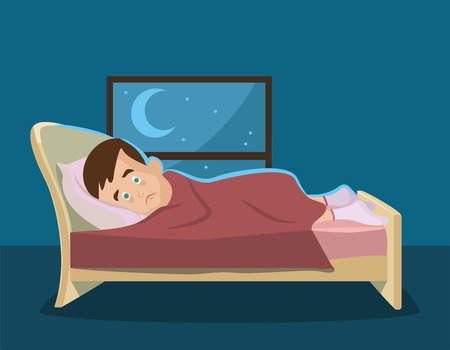
“The decrease in people taking action to improve sleep is alarming, especially when it is clear people around the world deeply value sleep. Sleep deficit impacts people both mentally and physically, so we need to educate people on available sleep resources and empower them with the confidence that their efforts will pay off,” said Mark Aloia, PhD, Global Lead for Behavior Change, Sleep & Respiratory Care at Philips.
To better understand one’s risk of OSA, individuals can take a one-minute Online Sleep Quiz.
To learn more about the Global Sleep Survey and Philips’ commitment to improving access to sleep technology worldwide, visit here.
Table 1: Average hours of sleep across global countries surveyed
| Country | Hours of sleep (per night averaged across the week) | Hours of sleep (average per weekday night) | Hours of sleep (average on weekend night) |
| Global population | 7.0 | 6.8 | 7.5 |
| Japan | 6.6 | 6.4 | 7.0 |
| United Kingdom | 6.7 | 6.6 | 7.0 |
| South Korea | 6.8 | 6.5 | 7.4 |
| United States | 6.8 | 6.7 | 7.0 |
| Italy | 6.8 | 6.6 | 7.3 |
| Australia | 6.9 | 6.8 | 7.2 |
| Singapore | 6.9 | 6.7 | 7.5 |
| Germany | 6.9 | 6.7 | 7.5 |
| India | 7.0 | 6.7 | 7.7 |
| Netherlands | 7.0 | 6.9 | 7.4 |
| France | 7.1 | 6.9 | 7.7 |
| Brazil | 7.2 | 7.0 | 7.6 |
| China | 7.3 | 7.0 | 8.1 |
Table 2: Use of mobile phones in bed across global countries surveyed
| Country | Look at their phone as the last thing before falling asleep | Look at their phone as soon as they wake up in the morning | For entertainment (e.g. watching videos, scrolling social media) |
| Global population | 39% | 39% | 34% |
| China | 57% | 53% | 50% |
| Singapore | 51% | 45% | 49% |
| South Korea | 51% | 53% | 37% |
| Brazil | 49% | 55% | 47% |
| India | 43% | 40% | 45% |
| Australia | 35% | 39% | 31% |
| United States | 34% | 42% | 34% |
| Japan | 33% | 33% | 24% |
| Italy | 31% | 32% | 27% |
| France | 26% | 33% | 25% |
| Germany | 26% | 24% | 17% |
| United Kingdom | 26% | 30% | 24% |
| Netherlands | 22% | 24% | 19% |
1 sleepfoundation.org
2 stress.org
3 Infocomm Media Development Authority. Mobile Penetration Rate May 2019. Available from: data.gov.sg
4 Philips. About Sleep Apnea. Available from: philips.com.sg
5 Adeline Tan, Yan Yi Cheung, Jason Yin, Wei‐Yen Lim, Linda W.L. Tan, Chi‐Hang Lee. Prevalence of sleep‐disordered breathing in a multiethnic Asian population in Singapore: A community‐based study. Available from: onlinelibrary.wiley.com
* * * * *
If you find this article useful, do click Like and Share at the bottom of the post, thank you.
Want to be heard and seen by over 100,000 parents in Singapore? We can help! Leave your contact here and we’ll be in touch.














